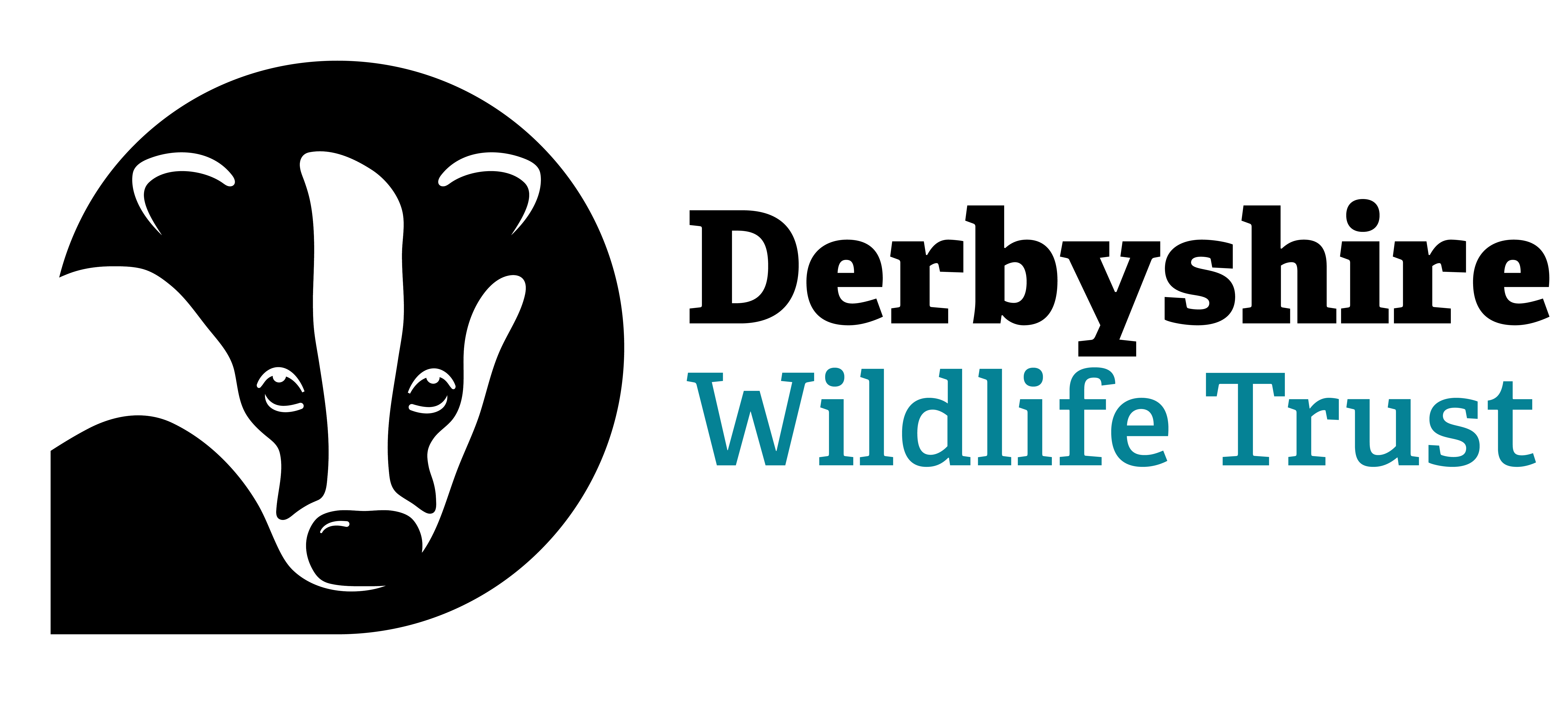This is despite efforts by a number of organisations to step up their protection efforts at Peregrine nesting sites at risk across the Peak District this Spring.
Peregrines, along with their eggs and nests, are legally protected under the Wildlife & Countryside Act 1981. It is a criminal offence to intentionally or recklessly kill, injure or take a peregrine.
Derbyshire Rural Crime Team are investigating this crime and are appealing to anyone who has any information to contact them on 101 or to use Crimestoppers.
Derbyshire Wildlife Trust and partners are shocked that one of our most iconic birds are still being targeted in this way by wildlife criminals.
Peregrines are an iconic part of the Peak District’s natural heritage and the theft of young peregrines jeopardises the recovery of this much persecuted species.
Tim Birch at Derbyshire Wildlife Trust said: “It is very sad that a peregrine nest with 3 young peregrines have been robbed. We all lose when this happens. Thousands of people visit the Peak District National Park every year to walk in stunning scenery and have the opportunity to watch these magnificent birds in the wild. Robbing this nest deprives people from being able to have the chance to see such a wonderful bird. We need to see tougher sentences that reflect the seriousness of this crime and to act as a deterrent.”
Mark Thomas, RSPB Head of Investigations UK, said: “Scientific data and crime reports show that raptor persecution is endemic in the Peak District National Park, particularly impacting iconic species like peregrine and goshawk: this is despite both the species and landscape having the fullest legal protection in the UK. These crimes have been statistically linked to land managed for driven grouse shooting. Furthermore, the site in question has suffered repeat incidents of raptor persecution on many previous occasions and only recently an adult peregrine was found poisoned close by. More has to be done as it is clear the initiatives in place are failing.”
Shona Morton, Planning and Environment Manager for the Forestry Commission said: “Forestry England’s woods are home to a wealth of important birdlife, including many birds of prey. Our ecologists and operational teams work hard to create and restore wildlife habitats and ensure birds nesting on our land are safeguarded during forestry activities. We are very upset to learn that this Peregrine pair have been robbed of their young on our land. We work closely with local volunteer groups and conservationists to locate new nests each year and monitor breeding success- crimes like this undermine everything we’re trying to achieve together. Sadly the Peak District remains a hot spot for raptor persecution and we would encourage anyone who sees suspicious activity on the public forest estate to alert us and contact the police. We will be collaborating with the police and our partners to identify and prosecute those responsible. We will continue our work with partners and neighbouring landowners to ensure birds of prey like Peregrines, Goshawk and Hen Harriers can regain their rightful place in the Peak District’s skies.”
The loss of these young birds is a huge blow to the work that is currently being undertaken to try and protect peregrines and ensure that they are allowed to prosper in the Peak District. In 2020 an adult male peregrine was found dead very close to the site that was recently robbed. Tests later proved that the bird had been poisoned. In 2019 young peregrines also disappeared from this site. Other nests are still being monitored across the Peak District at the moment to assess how Peregrines have fared this breeding season but numbers of breeding pairs in line with other years are far lower than expected from information already gathered.
ENDS
